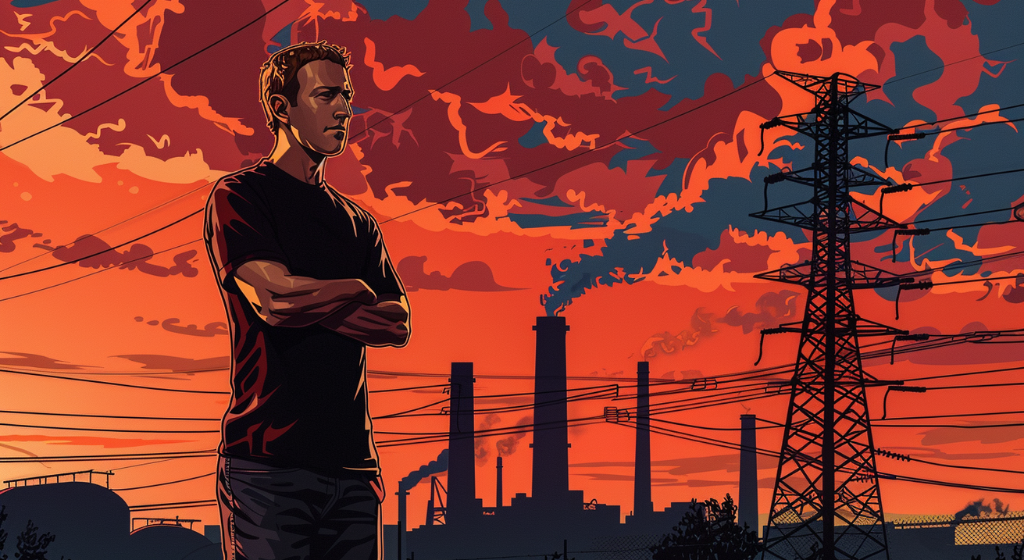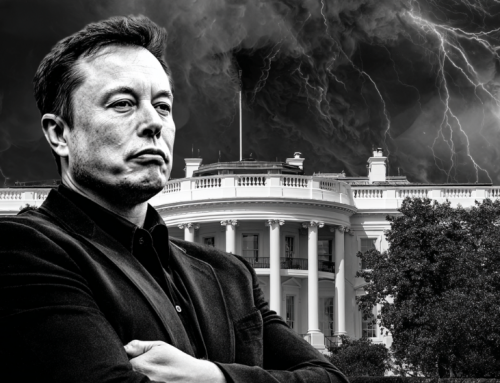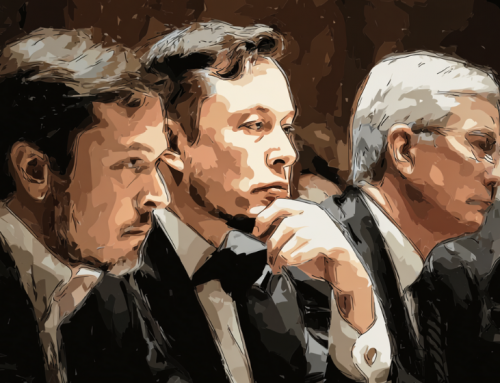
Mark Zuckerberg predicts that while businesses are ready to invest heavily in building data centers post-GPU drought, the real challenge will soon shift to managing escalating energy demands, as consumption could surge from 50 to 100 megawatts in typical centers to as much as a gigawatt in the largest ones. (Source: Image by RR)
Zuckerberg Advises Proactive Energy Investments to Sustain AI’s RapidGrowth
Mark Zuckerberg, CEO of Facebook, has indicated that the AI industry’s growth is no longer hindered by GPU shortages, which have now eased. Instead, he points to energy constraints as the new critical bottleneck facing the industry. In a recent discussion, Zuckerberg highlighted the shift from capital-intensive issues to those related to energy availability and management. He noted that the increasing power demands of new data centers, which are already consuming substantial amounts of energy ranging from 50 to 150 megawatts, are set to escalate further, potentially reaching up to a gigawatt.
Addressing the exponential increase in energy demands for AI training and data center operations, Zuckerberg posed a rhetorical question about the sustainability of such growth. He stressed the importance of investing in energy production soon to keep pace with the escalating requirements. As reported in tomshardware.com, the challenge is significant, considering the complexity and time-consuming nature of constructing new power stations, which are bound by stringent regulations and extensive planning and construction processes.
The issue of energy constraints is further exemplified by the situation in Georgia, USA, where the influx of tech and industrial companies has dramatically increased electricity demand. According to a report by the Wall Street Journal, this surge is complicating the state’s efforts to reduce reliance on fossil fuels. The challenge lies in balancing the attraction of key businesses with the assurance of sustainable energy supplies, which influences both consumer prices and overall supply stability.
To navigate these challenges, it seems crucial for industries to adopt a flexible approach towards energy management. This includes leveraging diverse power sources such as solar, wind, and nuclear energy, alongside pragmatic use of fossil fuels and employing batteries for managing demand spikes. Zuckerberg’s insights underscore the pressing need for innovation in energy strategies to support the continued growth and sustainability of AI and other tech-driven industries. Additionally, collaborations like that between Meta/Facebook and Georgia’s Silicon Ranch highlight proactive steps being taken by tech companies to secure their energy needs for the future.
read more at tomshardware.com







Leave A Comment